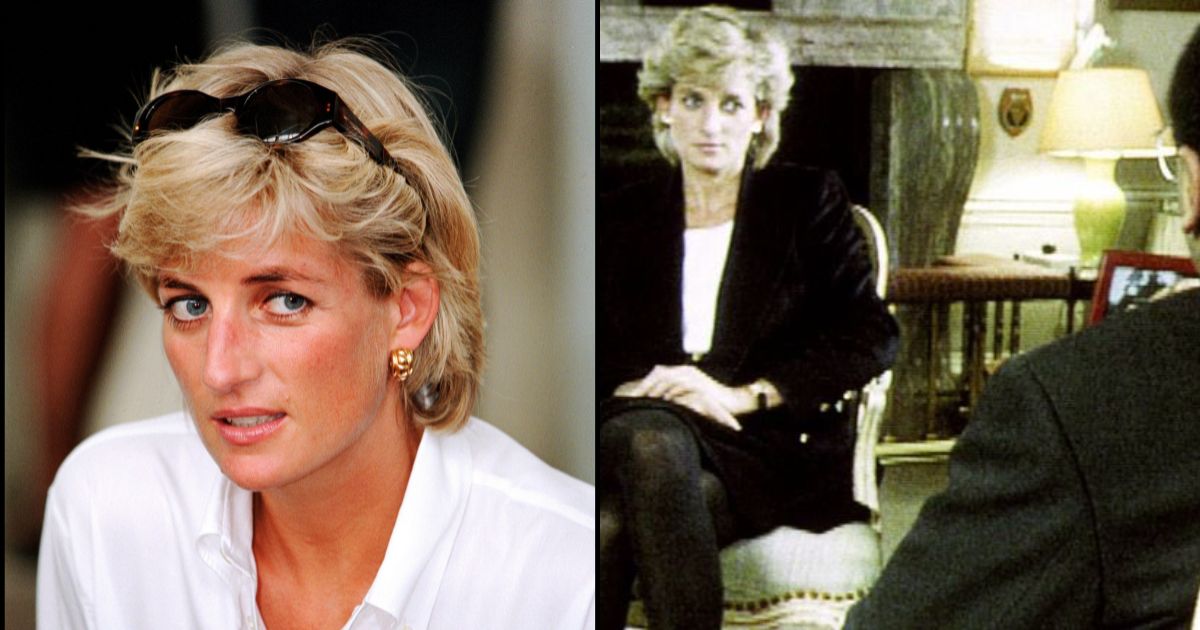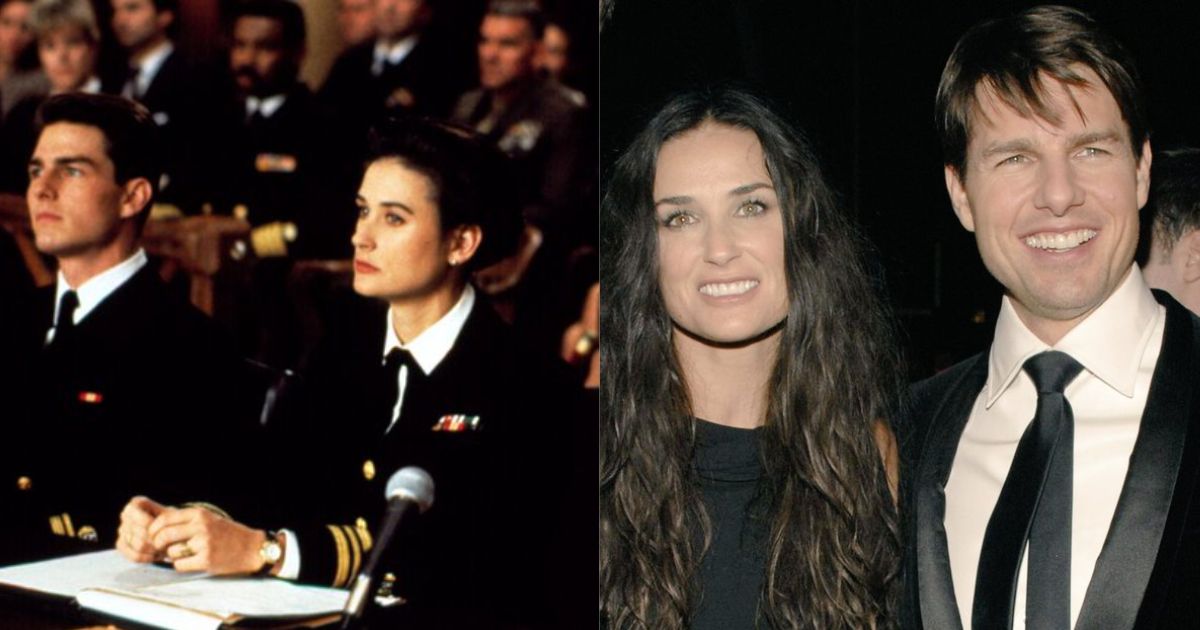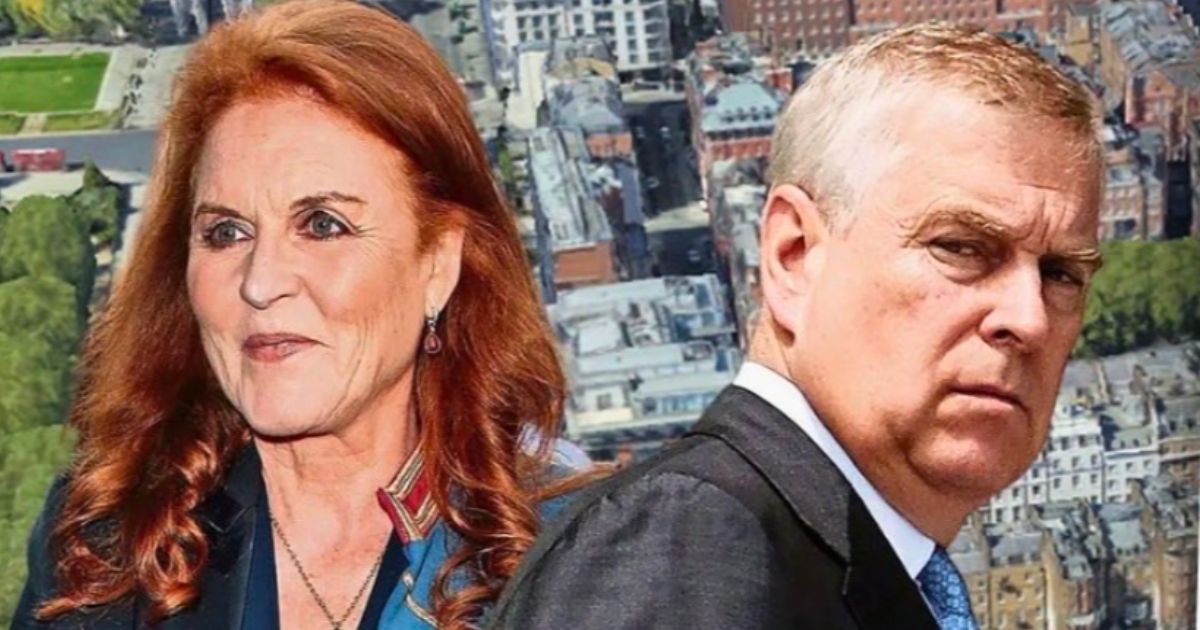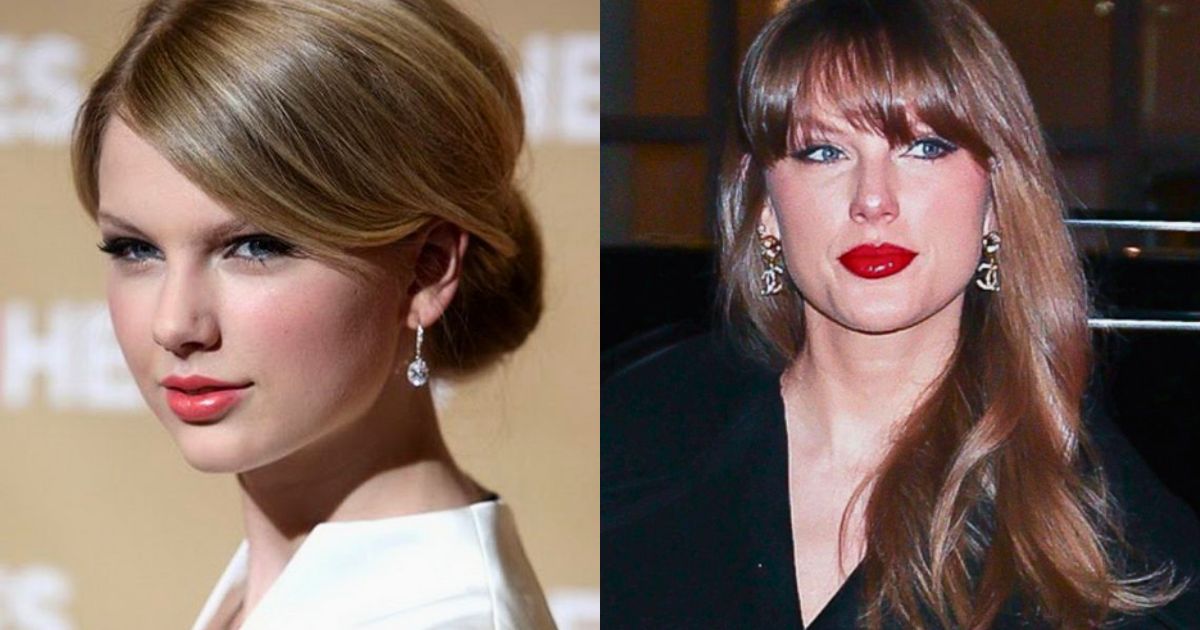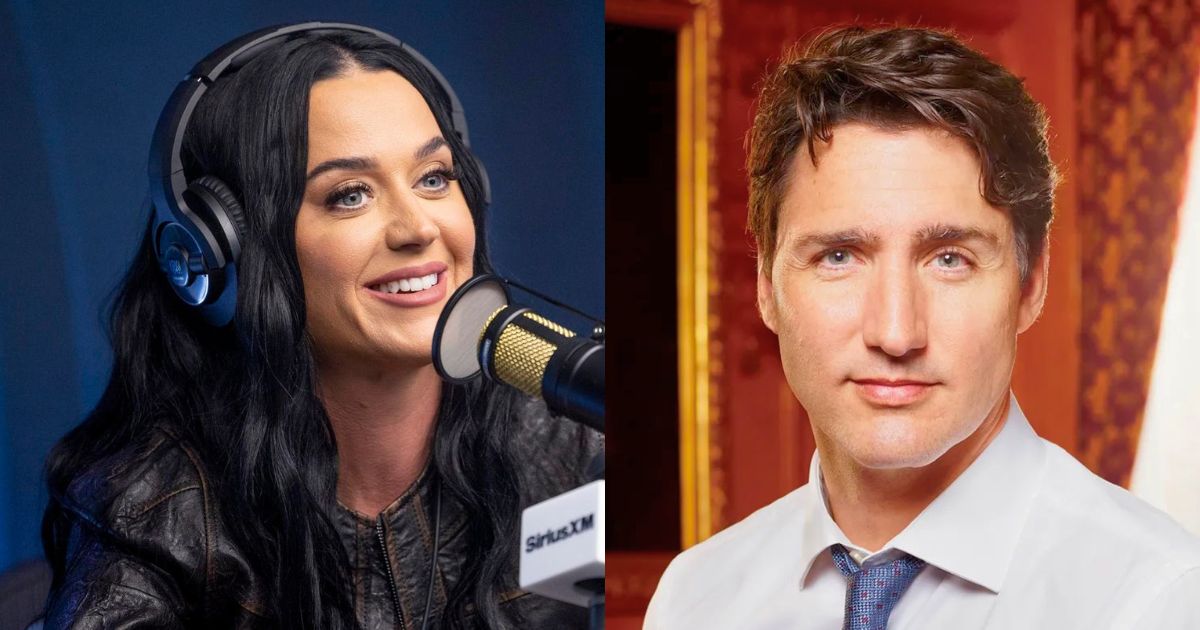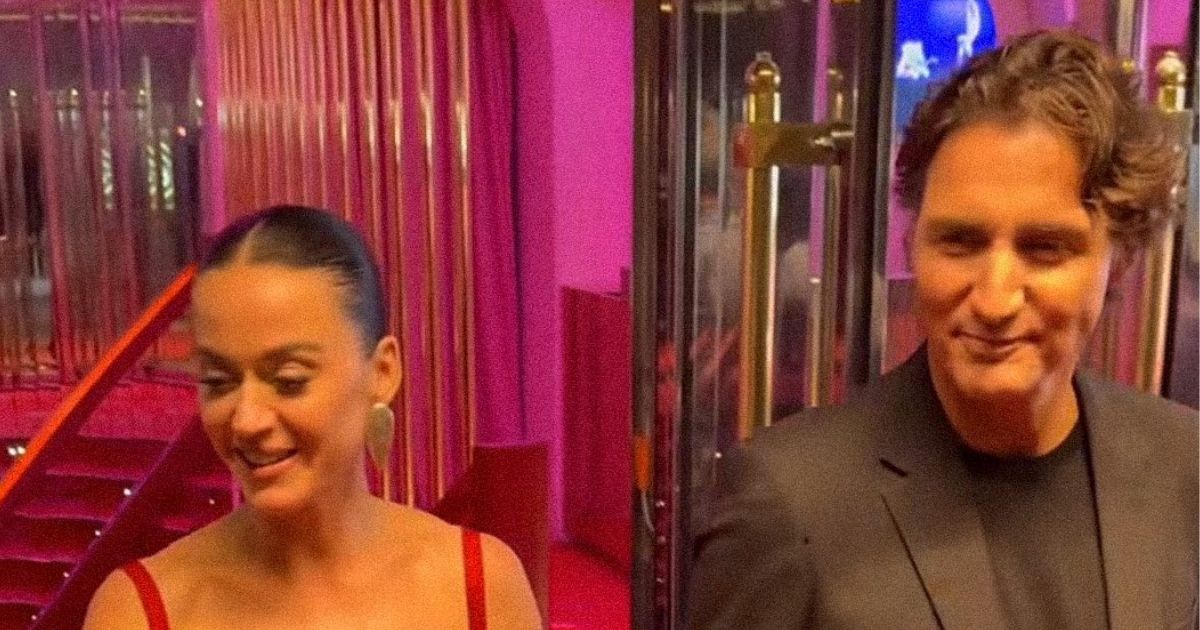Most public figures have at least one interview throughout their lives that receives the spotlight. In the case of Lady Diana, it was her infamous encounter with BBC broadcaster Martin Bashir. Princess Diana’s interview from 1995 is still one of the hot topics, with people constantly adding new theories to it.
The Panorama investigation led the beloved princess to make many explosive admissions, including then-Prince Charles‘ scandalous romance with now-Queen Camilla, and also her own affair with James Hewitt.
“There were three of us in this marriage,” Princess Diana‘s shocking statement finally confirmed what people had long been suspecting, and that is none other than her husband’s affair with Charles. The controversial Martin Bashir interview caused a great stir; even Queen Elizabeth had to issue letters advising the royal couple to get a divorce.
While Lady Diana faced significant criticism at that time, after her death in 1997, concerns were raised about the ethics of the interview, which was watched by at least 23 million people at that time. Later, the situation intensified when Bashir admitted to falsifying bank statements in an attempt to pressure the Royal family to take part in the broadcast.
Diana’s sons, Prince William and Prince Harry, both condemned the interview. Harry lamented it was a “ripple effect of a culture of exploitation and unethical practices that ultimately took her life.” To this day, many people believe that had Bashir not lied to her about her Royal security officials spying on her, she would have “probably” lived.
The truth is that if Martin Bashir didn’t lie to Princess Diana about her Royal Security spying on her and planning on “getting rid of her”, she may not have rejected the offer to keep that security when she divorced.
It led to shoddy security the night she died!! pic.twitter.com/xM9fTGlU9v
— Kayla Adams (@KaylaAdams___) May 20, 2021
The whole scandal was brought to light in a new way in 2020 by BBC journalist Andy Webb. His three-part Panorama special resurfaced the controversy and also launched a BBC probe amid public inquiry. Webb is now set to uncover “material never seen before” from the BBC archives through his new book Dianarama — Deception, Entrapment, Cover-up: The Betrayal of Princess Diana.
According to The Times, the award-winning filmmaker said, “This is a story I have been investigating for over 30 years. The TV documentary I made in 2020 brought the scandal into the public eye and it helped answer many questions Diana’s family had struggled to find answers for.”
Webb added, “What really happened to Diana is something historians will pore over for centuries to come. My findings are a true first draft of history.”
Notably, Lady Diana’s brother Earl Spencer is actively supporting Webb’s work. Previously, he also claimed that the forged bank statements led his sister to a dilemma when it came to trusting her close aides.
BREAKING: Prince Harry has issued a statement in response to the investigation into Martin Bashir’s 1995 BBC interview with Princess Diana:
“The ripple effect of a culture of exploitation and unethical practices ultimately took her life.” pic.twitter.com/ZiWT7Yw0Ui
— Ellie Hall (@ellievhall) May 20, 2021
Andy’s new book is set to be published in November 2025, when the tell-all interview will also clock 30 years. “the true story of one of the biggest scandals in public life and broadcasting history, revealing a cover-up of staggering proportions, and around which questions persist to the present day,” Publisher Penguin’s Michael Joseph said about the book. Another spokeswoman noted that the book will present a “radical reappraisal of a major historical event.”
Notably, Andy Webb had been embroiled in a legal battle under freedom of information laws. He forced the BBC to make 10,000 pages of documents public, which not only shed light on the interview scandal but also exposed the attempts to keep it secret.
Martin Bashir, who admitted to forging the bank statements, claimed that his colleagues were not happy with the fact that a “second-generation immigrant of non-white, working class roots” interviewed the beloved royal.
Despite regretting some of his behavior, Bashir insisted that the criticism came from a place of “professional jealousy” and “racism.”
